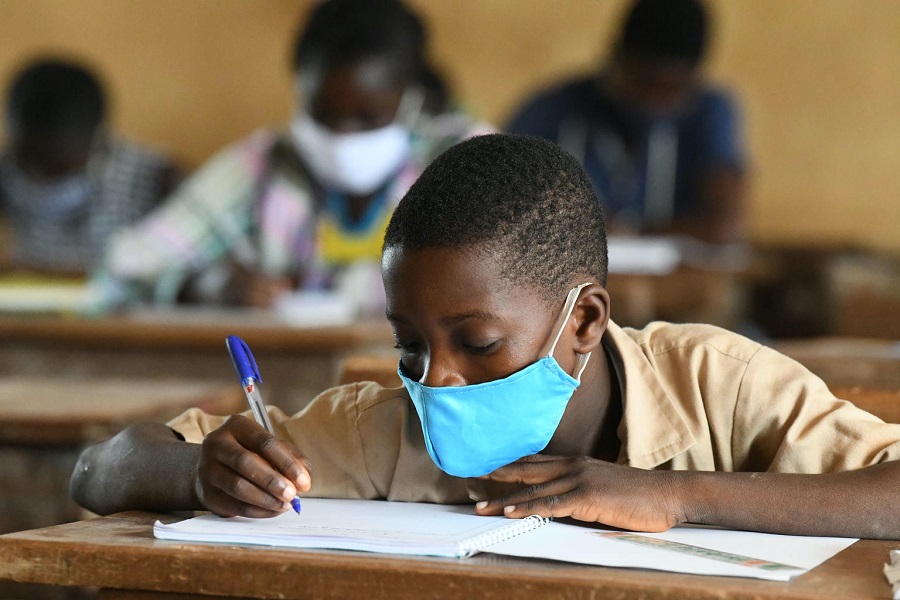Earlier this week, reports emerged of yet another school kidnapping incident in Northern Nigeria, where over 120 students of the Bethel Baptist High School were kidnapped in Kaduna. This makes it the 10th major school kidnapping incident in Nigeria since December 2020.
An Al-Jazeera report in March 2021, noted that over 700 students had been kidnapped in Northern Nigeria since December 2020, dealing major blows to the fight for education and skilled development in the region.
READ: Primary school students abducted by gunmen in Kaduna
The school kidnapping incidents have also been plagued by a major elephant in the room, which is a huge motivator for the persistent attacks —ransoms. Parents in previous kidnaps this year told the media that they paid ransoms to secure the release of their children as the government did not help much, a situation that analysts say will worsen the crisis.
In the Greenfield University kidnap, parents disclosed that they ended up paying the sum of N150 million to the terrorists, who initially asked for the sum of N800 million.
READ: World’s first 3D-printed school opens in Malawi
Implications
Northern Nigeria is heavily behind its southern counterpart in the areas of school enrollment and gender equality in secondary school education. This has seen some Northern Nigerian states get single-digit cut off scores to Unity schools, which creates a culture of mediocrity and low standards of education for young people in the region. Add poverty statistics and a straight line can be drawn from poor education output to rising terrorism in the region, as poor boys without education, jobs and skills can easily be recruited into non-state violent groups terrorising the region.
Earlier this year, Nigeria’s Ministry of Education stated that the number of out-of-school children stood at 10.1 million, an increase of more than 3 million from 2020 and a total of 5% of Nigeria’s population. This is a ticking time bomb for skill development in Nigeria.
The Nigerian Union of Teachers also added that the rise in school kidnappings in Northern Nigeria has contributed to the rise in the number of out-of-school children in Nigeria.
Coupled with the poor economic environment, rising food prices and general insecurity, a country where millions of kids are not in school is playing serious games with its future. With the world shrinking into a global village and the race for skill acquisition to enhance economic growth intensifying, a future with unskilled, out-of-school youths has a significantly worse poverty outlook and a higher propensity for more violent activities as a means of survival.
What can be done?
Most parents whose children have been abducted by bandits will obviously not wait for the government to negotiate with the bandits before they move to secure the release of their children. Unfortunately, paying off these criminals is mere expedience, as it motivates even more school attacks and creates an entire industry built on ransom revenues from the kidnap of school children.
READ: FG commences enumeration of pupils on school feeding programme
The school children kidnapping menace requires strong state action in fighting insecurity. Some ideas already proposed include the deductions from the Federation Account for the Nigeria Police Security Trust Fund which should be shared between the states and FG to fight insecurity, as stated by Seyi Makinde earlier this week after the Southern Governors met in Lagos state. This will give states the ability to fund special protective units in the vast ungoverned spaces where the bandits operate.
Education is one of the major pillars for human capital development, and Nigeria needs a skilled population especially in an era of dwindling foreign investments and oil revenues. The government needs to prioritise the lives and safety of Nigeria’s youth in words and in deed because as the saying goes, “A country at war with its youth, has no future.”




















